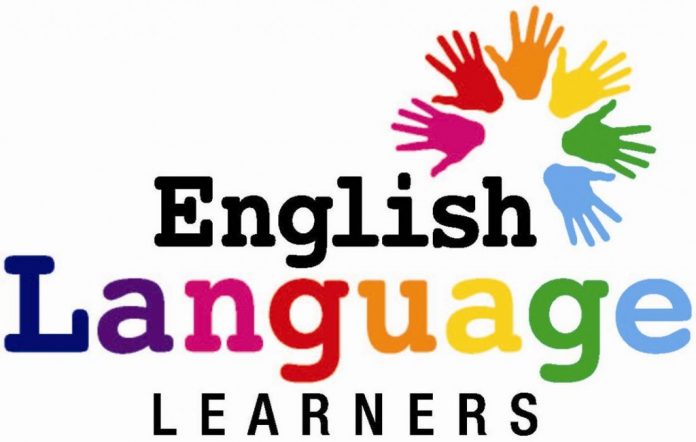Welcome to Online English Section with explanation in Affairs Cloud.com. Here we are creating question sample in Cloze test, which is BASED ON IBPS & SBI PO/CLERK/LIC AAO/RRB, RBI, IPPB,SSC CGL EXAM and other competitive exams !!!
Next month, when finance ministers and central bank governors from more than 180 countries gather in Washington, DC, for the annual meetings of the International Monetary Fund and the World Bank, they will (1) accede a global economic order under increasing strain. Having failed to deliver the (2) inclusive economic prosperity of which it is capable, that order is subject to growing doubts – and mounting challenges. Barring a course correction, the risks that today’s order will yield to a world economic non-order will only intensify.
The current international economic order, spearheaded by the United States and its allies in the wake of World War II, is underpinned by (3) recoil institutions, including the IMF and the World Bank. These institutions were designed to crystallize member countries’ (4) obligations, and they embodied a set of best economic-policy practices that evolved into what became known as the “Washington Consensus.”
That (5) squabbling was rooted in an economic (6) aberrant that aimed to promote win-win interactions among countries, emphasizing trade liberalization, relatively unrestricted cross-border capital flows, free-market pricing, and domestic (7) peculiar. All of this stood in stark contrast to what developed behind the Iron Curtain and in China over the first half of the postwar period.
For several decades, the Western-led international order functioned well, helping to deliver prosperity and relative financial stability. Then it was shaken by a series of financial shocks that (8) regimentation in the 2008 global financial crisis, which triggered (9) tackle economic failures that pushed the world to the edge of a (10) devastating multi-year depression. It was the most severe economic breakdown since the Great Depression of the 1930s.
- 1) backtrack
2) abandon
3) differing
4) confront
5) No correction required.Answer – 4)
Explanation: confront – come face to face with (someone) with hostile or argumentative intent. - 1) acquiesce
2) concede
3) sedition
4) conflicting
5) No correction required.Answer – 5)
Explanation: No correction required.
Given word is correct. - 1) resign
2) demur
3) enmity
4) multilateral
5) No correction required.Answer – 4)
Explanation: multilateral – agreed upon or participated in by three or more parties, especially the governments of different countries. - 1) recant
2) renege
3) disloyalty
4) bickering
5) No correction required.Answer – 5)
Explanation: No correction required.
Given word is correct. - 1) retreat
2) treachery
3) consensus
4) treason
5) No correction required.Answer – 3)
Explanation: consensus – a general agreement. - 1) paradigm
2) discordant
3) inharmonious
4) deviant5) No correction required.Answer – 1)
Explanation: paradigm – a typical example or pattern of something; a pattern or model. - 1) descend2) preternatural
3) anomalous
4) deregulation
5) No correction required.Answer – 4)
Explanation: deregulation – the removal of regulations or restrictions, especially in a particular industry. - 1) tuning2) fortunately
3) divergent
4) culminated
5) No correction required.Answer – 4)
Explanation: culminated – reach a climax or point of highest development. - 1) reconciliation
2) superintendence
3) codification
4) cascading
5) No correction required.Answer – 4)
Explanation: cascading – (of water) pour downwards rapidly and in large quantities. - 1) modulation
2) skyward
3) disgorge
4) supervision
5) No correction required.Answer – 5)
Explanation: No correction required.



